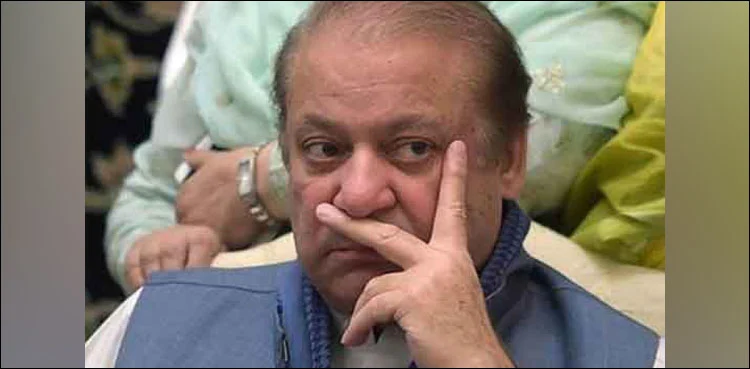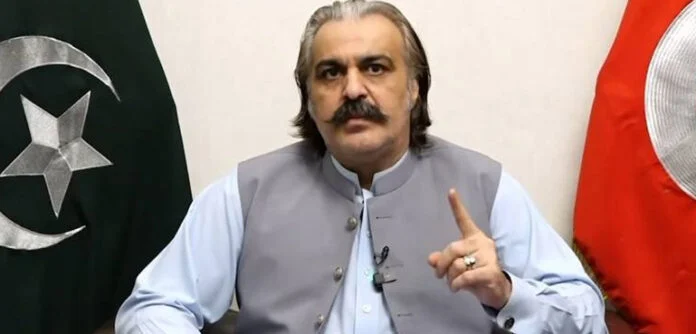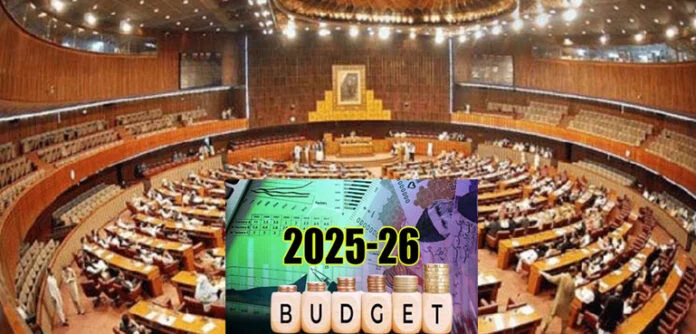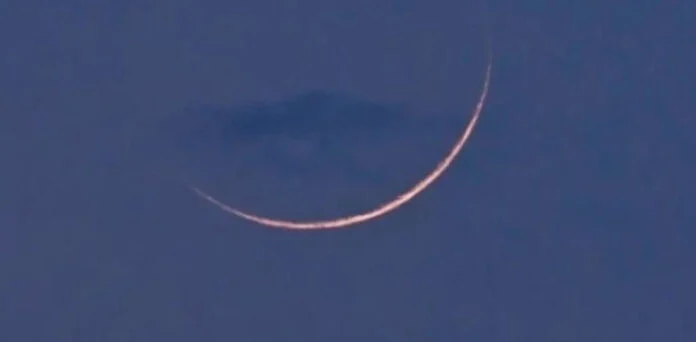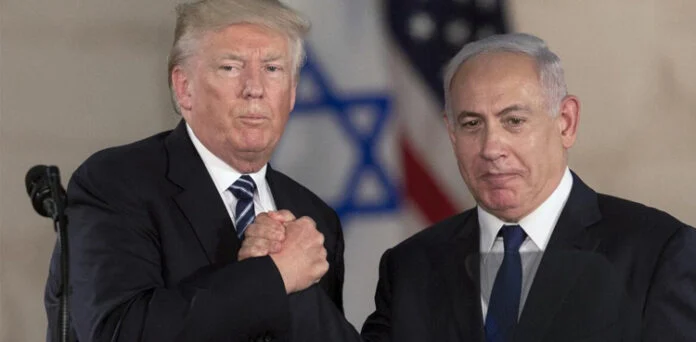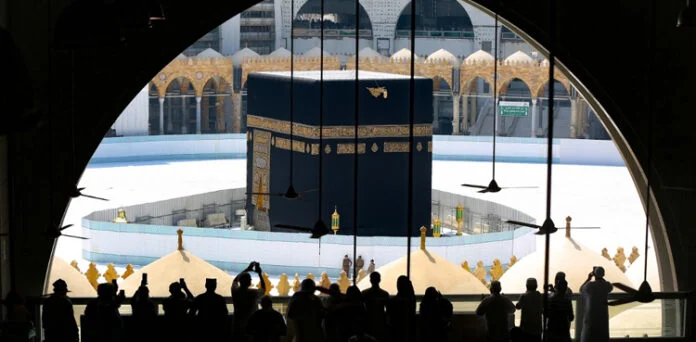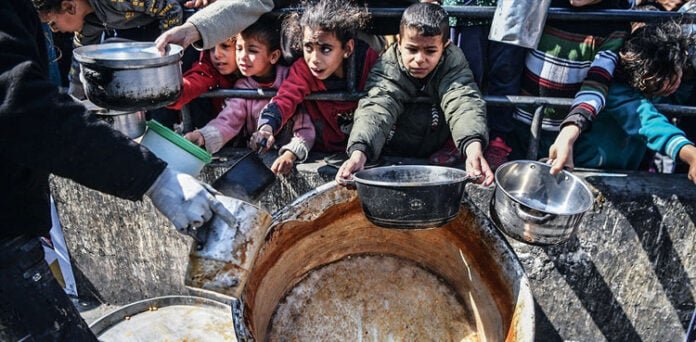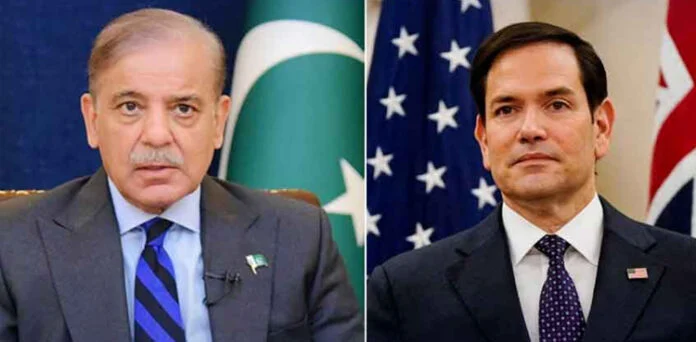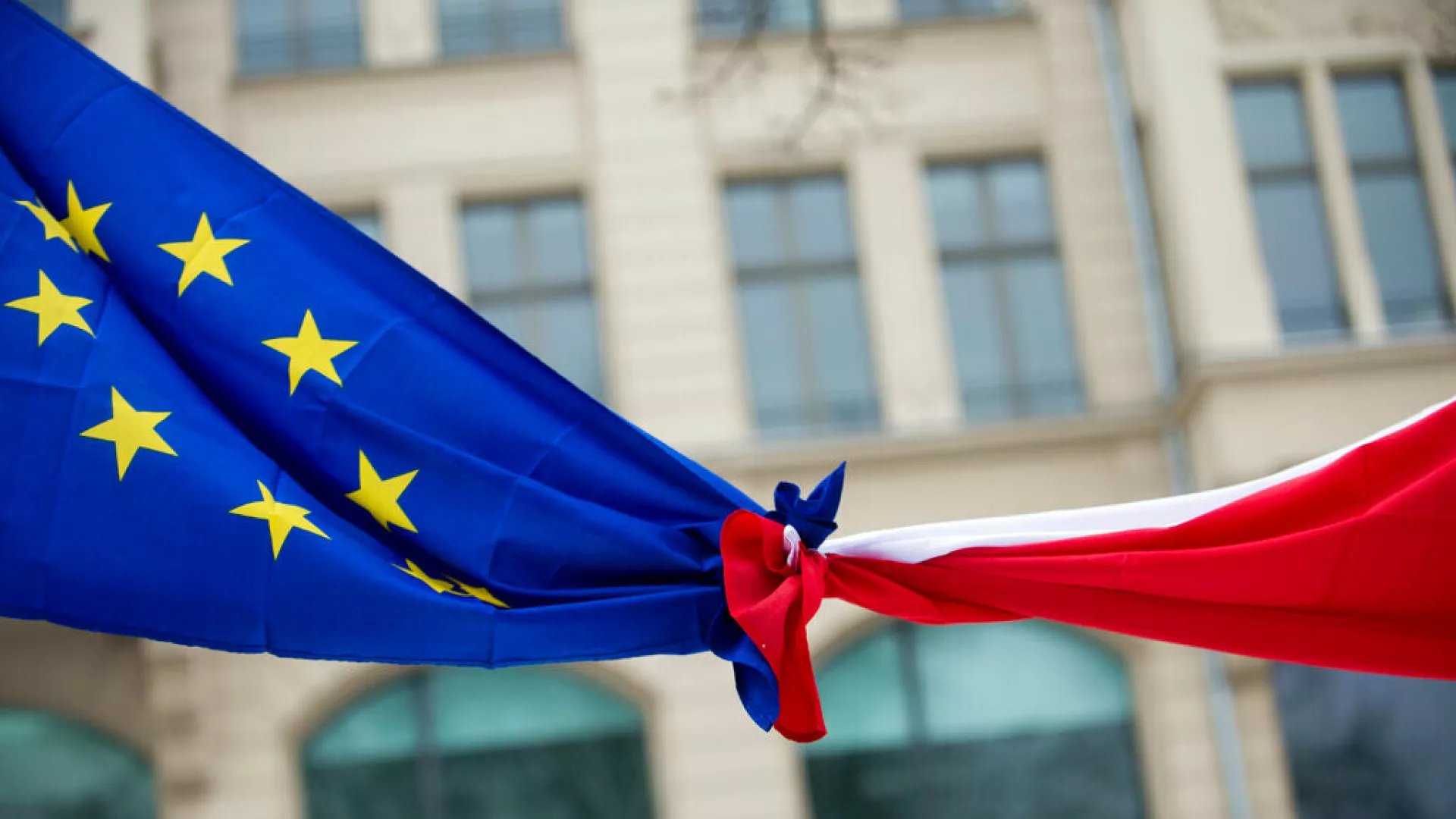
Tensions between Warsaw and Budapest deepened last month when Hungary granted political asylum to Polish fugitive lawmaker Marcin Romanowski.
In response to this diplomatic dispute, Poland decided to uninvite Hungary’s ambassador from Friday’s inauguration gala marking the start of Warsaw’s EU presidency, according to a Polish official.
The incident began when Hungary granted asylum to Marcin Romanowski, Poland’s former Deputy Justice Minister, who is facing multiple charges in Poland, including the misuse of public funds. A European Arrest Warrant had been issued for his arrest by a Warsaw court. Poland condemned the move as a “hostile act” and warned Hungary that it could face legal action at the European Court of Justice if it does not comply with the arrest warrant.
This development is the latest strain in the relationship between the two EU nations, which had historically enjoyed a strong bond, particularly over their shared stance on migration and their views on the European Union. However, their alliance has become increasingly strained, especially following Russia’s full-scale invasion of Ukraine in February 2022. Poland, a strong supporter of Ukraine, has openly criticized Hungary’s close ties with Russia, and Hungary has accused Poland of hypocrisy regarding its stance on the war.
The diplomatic fallout between the countries has been further exacerbated since Poland’s Prime Minister Donald Tusk and his centrist coalition took office in December 2023. Under Tusk’s leadership, Poland has positioned itself more firmly pro-EU, in contrast to Hungary’s Eurosceptic approach, which has led to increasing tensions. Hungary’s Prime Minister Viktor Orbán, during his time at the helm of the EU, frequently criticized EU sanctions against Russia and even traveled to Moscow to meet President Vladimir Putin, a visit that sparked widespread criticism.
As Poland takes on the rotating presidency of the EU Council, its six-month term will focus on enhancing security and defense under the theme “Security, Europe!”. This event marks Poland’s second leadership stint, which comes at a time of heightened tensions between the two nations.







